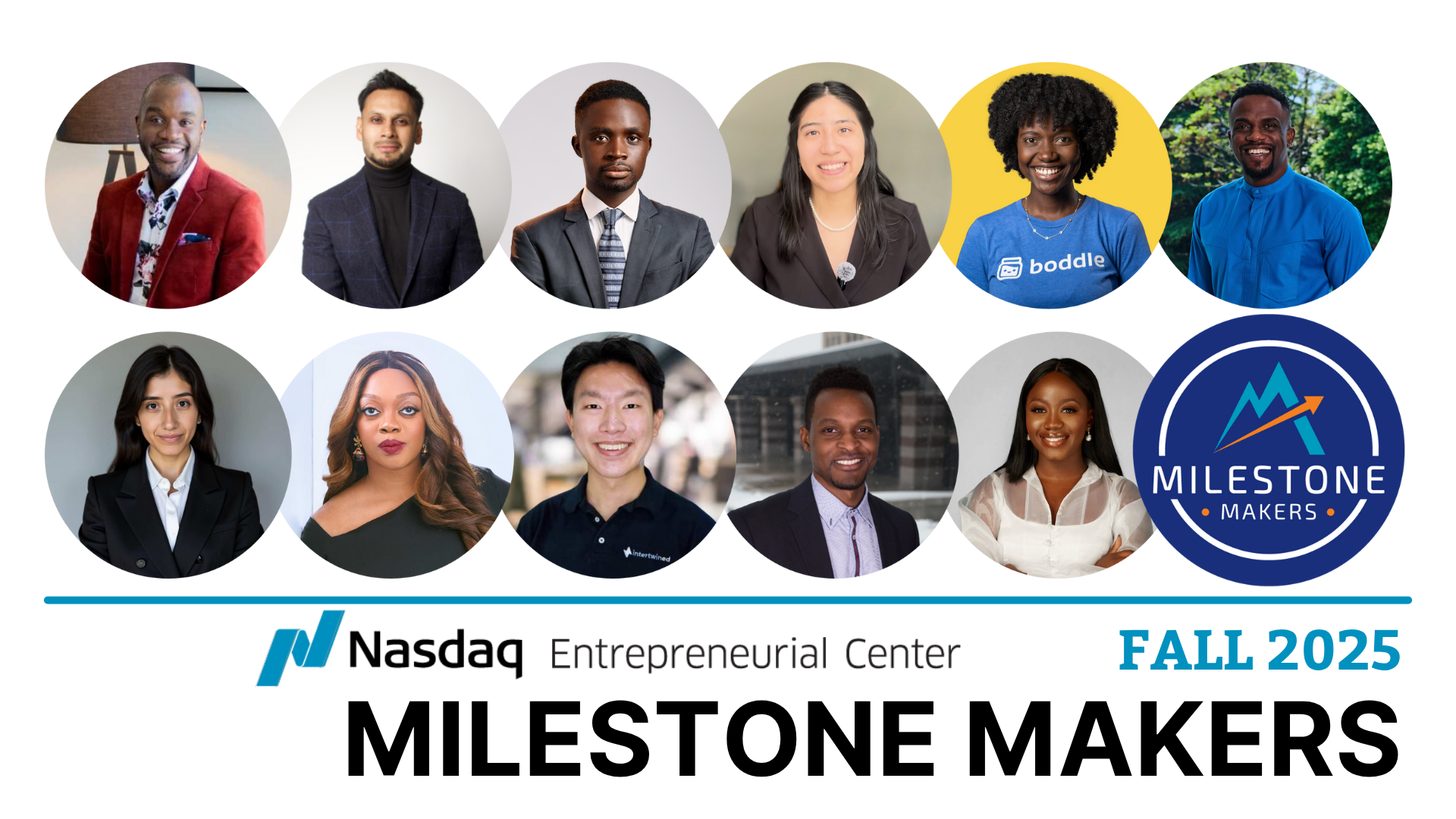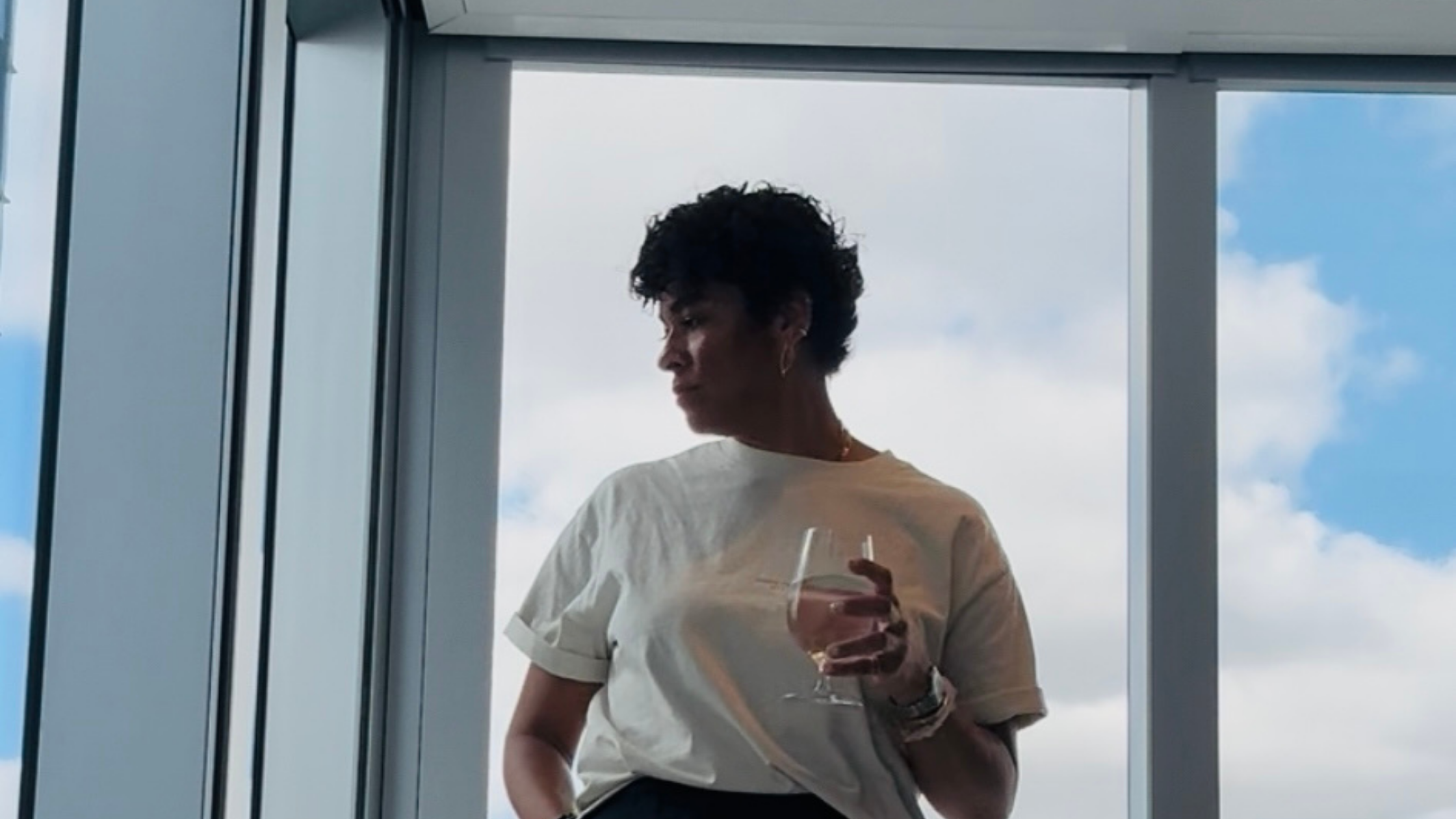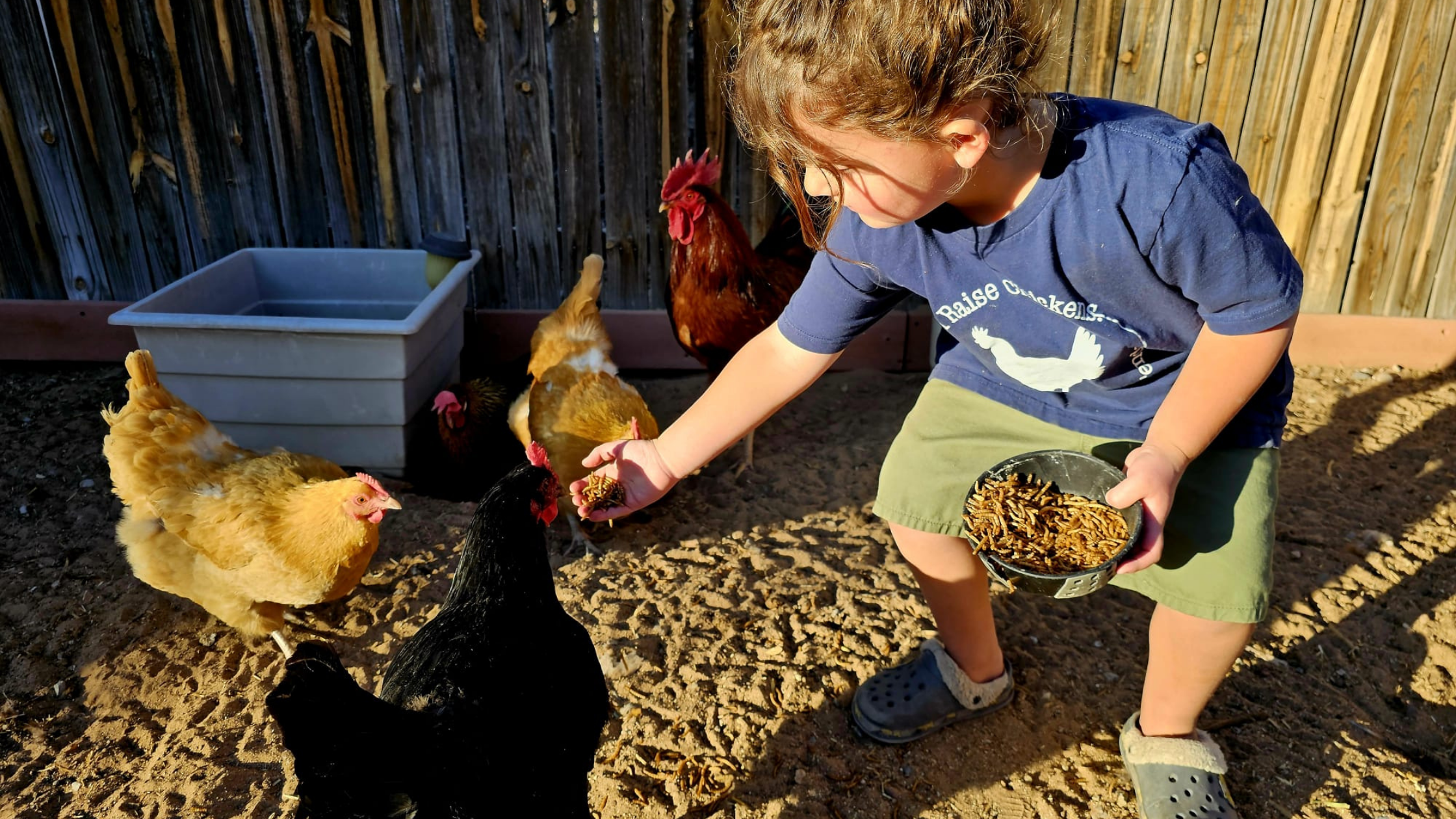How Petite Frites Is Redefining Diamonds for Life’s Unscripted Moments
Founders Katie Fritts and Jackie Little on creative risk, joyful rebellion, and building a brand that sparkles on its own terms
Katie Fritts and Jackie Little are the co-founders of Petite Frites, a bold fine jewelry brand making diamonds more personal—and more powerful—than ever before. With backgrounds spanning investment banking, fashion, tech, and editorial, the two joined forces to challenge the status quo in an industry known for tradition. Their vision? To create “Vow Free” diamond jewelry that celebrates modern milestones—like starting over, betting on yourself, or simply thriving solo.
Launched in 2025, Petite Frites is a reflection of both founders’ unique strengths: Jackie brings deep creative experience from the luxury world, while Katie draws from her strategic track record building customer-first brands. Together, they’re on a mission to reframe what we celebrate—and to make sure the shine isn’t reserved just for weddings or anniversaries.
In this candid conversation, Katie and Jackie open up about the realities of starting fresh, what success really looks like, and why resilience (and a little irreverence) go a long way when building something that lasts.
 What does “entrepreneurship” mean to you? How has your understanding of it evolved over time?
What does “entrepreneurship” mean to you? How has your understanding of it evolved over time?
Katie Fritts: When I started my first company, I idealized entrepreneurship to be all about fast growth, media coverage, and an exciting exit. Mainly the highlight reel I hoped others would see. As I start my second company, I see entrepreneurship more as committing to the process itself- feeling passionate about solving a problem I care about, and growing alongside the business.
Jackie Little: Entrepreneurship has always been like a goal that lives on the horizon – one that seems impossible to chase. Now that I have started the entrepreneurship chapter of my career, I find it challenging, fulfilling, vulnerable, inspiring, and achievable and impossible all at once. It is being able to say “I don’t know” and “I’ll figure it out” in the same breath. It is tolerating haters and doubling down in believing in yourself.
Tell us about your first experience with entrepreneurship. What sparked your interest in building something of your own?
KF: My first startup hooked me on the thrill of ownership—being fully responsible for both the wins and the failures. I loved seeing how customers responded to a concept and service I designed. The unfiltered feedback—whether from a delighted or frustrated customer—was a fast, humbling education, and that direct connection between idea and impact is thrilling.
JL: Petite Frites is my first venture into entrepreneurship. I had always wanted to do something on my own, but found myself waiting for the right moment, the right idea, the right opportunity. I didn’t realize that entrepreneurship is more like a pool in the backyard—always there, waiting for you to just jump in. For me, when I finally decided to take the proverbial plunge, it was when I was approached by my partner who simply said she wanted to start a business with me, but she didn’t know what it could be. It was in that moment that I was tired of the Rat Race and while I didn’t know what our business would be, I knew I was ready to take the risk.
What is the origin story of your company? What motivated you to start, and how did those early days shape your journey?
KF: Before Petite Frites even had a name, I knew I wanted to build something with Jackie, my co-founder. I’ve always admired her creative mind—how she brings ideas to life through visuals and language—and how differently we approach problem-solving. We saw a shared opportunity to reframe the reputation of lab-grown diamonds, and from that, our concept of “Vow Free” diamond jewelry was born. We’re both strong personalities, and that tension helped us shape a brand, collection, and mission we’re both genuinely proud of. Petite Frites is bold, playful, and unapologetically itself—which also describes every meeting we’ve ever had
What do you wish you had known when you started? If you could go back, what would you do differently?
KF: If I could go back with the foresight I had today, it would ruin all the surprises! A win that’s given to you never feels as good as one you worked for.
JL: I suppose I wish I had known that building a business is like building a house––it is going to take twice as long and be twice as expensive as you think. That being said, I worry that had I known that going into it, I may have never done it, and that would be a loss. Part of this experience that I have loved is how much I have learned.
Has there been a pivotal moment or a game-changing decision that defined your growth as an entrepreneur?
KF: There hasn’t been one defining moment—what’s shaped me most as an entrepreneur are the constant decisions to stay in it, especially when things get hard. There have been game-changing wins along the way, but none of them would’ve happened without first choosing, over and over, not to quit.
JL: I’m not sure how common it is with entrepreneurs, but initially, I was scared to fail. But when I took a look at that fear, I realized that accepting the statistic “most businesses fail” oddly liberating. I realize that if stats were true, then the point can’t be success or failure, the point is the journey to whichever outcome, because that is where I find huge reward in learning and growing.
What does “success” mean to you, both personally and professionally?
KF: Doing something that brings me joy, brings others joy, and allows me to live my life doing it.
JL: Personally, it is the ability to have autonomy in my life. To not be dictated by others opinions on how one should live and work. Professionally – also being able to have autonomy – to take on the projects I like and that interest me, to work remotely, to work with people who inspire and push me.
Share your boldest dream for your business and the world. What’s your plan to make it a reality?
KF: My boldest dream is to redefine success and what it looks like, and give more credit to the messy parts, before there’s a polished outcome. Petite Frites’ Vow Free messaging aims to celebrate the moments that often go uncelebrated: training for months ahead of a marathon, leaving a relationship that no longer serves you, quitting a job and facing the unknown of embarking on your own. These hard, pivotal choices are where transformation happens, and they deserve recognition. Our goal is to build a brand that shifts the culture from outcome-obsessed to celebrating the journey.
What is your entrepreneurial superpower? How has it helped you overcome challenges or seize opportunities?
KF: My entrepreneurial superpower is endurance. I’m very curious and relentlessly stubborn once I’m focused on something—which means I’ll keep digging, asking questions, and pushing until I uncover opportunities most people would overlook. One random and pivotal opportunity I uncovered was in the early days of Facebook ad credits. Each employee had $250 of ad credits to contribute to startups and I accumulated thousands of dollars of ad credits each month to test ads, which ended up being what propelled our initial growth. They have since closed this loophole.
JL: I think my entrepreneurial superpower is the ability to just figure things out. When we got into this, I didn’t know much about diamonds, gold, jewelry design, web design, accounting – the list goes on. But I love learning, so I read a ton, tried a lot, failed a lot, and while I am not an expert in any one of these fields, I learned to be a bit of a renaissance woman with the skills I have acquired.
Can you share one of your proudest moments and one of your darkest days as an entrepreneur? What lessons did those experiences teach you?
KF: I bootstrapped my first company for several years, and one of my most surreal moments came after figuring out a game changing marketing strategy. At the time I had raised a $200K friends and family round, and we hit $3M in revenue that year. I felt on top of the world. The flip side of working with tight budgets was unsurprisingly one of my darkest moments. One time I didn’t have enough cash to pay a large bill, and one of my investors stepped in to loan the money for a week until our subscription renewals hit. After I paid back the loan I closed my laptop and slept for two days. The huge swing between stress and relief hit so hard that my body shut down. That was the first time I’ve experienced true burn out.
What personal values drive you as an entrepreneur?
JL: Authenticity, honesty, integrity, quality, doing it right the first time, making something that isn’t wasteful and ephemeral, but rather something that is permanent and lasting
How have those values influenced your company’s culture and mission? Can you share an example?
JL: Yes absolutely. When we looked at the competitor landscape, we realized how many companies were cutting corners with materials and labor, using gimmicky marketing to “trick” their customers, charging insane markups to squeeze the most out of their customers. So, we have set out to do the exact opposite. As we say, this isn’t placeholder diamond jewelry…it is investment jewelry.
What’s it like working alone or with a team? How do you approach building strong partnerships?
JL: Katie and I, as well as our partners in NYC and India all work remotely and across many different time zones, which can prove challenging. It has certainly taught patience! Katie and I manage by staying organized and vigilant so things don’t fall through the cracks, by remaining positive and kind, but tough, and by learning to laugh at all of it. At the end of the day, we are not solving world hunger, so if something has to wait a day or a week, it’ll be OK and it’ll all work out.
How has your network played a role in supporting your funding journey or overall growth as an entrepreneur?
KF + JL: Our friends and family have been paramount in their support –– not financial support, but as champions and our first customers. It takes trust to be the first to buy or do anything, and they showed up for us.
If you’ve chosen not to raise capital, what influenced your decision?
KF + JL: We wanted total autonomy, and with our business model, we didn’t need a ton of capital to start and have very little overhead.
What role has mentorship played in your journey—whether as a mentor or a mentee? Share a story that highlights its impact.
JL: I am sad to say that I have never had a mentor. Because of this I have strived to be a mentor to others, which I find incredibly rewarding.
What do you think needs to change in the entrepreneurial ecosystem to reduce barriers for others?
JL: As a society in general, we believe that people are taught to succeed, but Katie and I believe that we should actually be taught to fail. Failure makes you strong and resilient, it allows you to challenge yourself and explore yourself, it encourages risk-taking and critical thinking. When you are an entrepreneur in our current society, people very rarely see the value in the journey, and therefore discourage the risk. But, you wouldn’t tell a child who has tried riding a bike once and fell to never get on a bike again, would you?
What excites you most about the market or industry you operate in? How are you navigating its challenges and changes?
KF: It’s a fascinating moment for diamonds. Lab-grown technology is still relatively new and evolving fast, which means a lot of rapid learning—and disruption. Legacy players and newcomers are all placing different bets on where the market is headed. Our take is that lab-grown diamonds are the new faux fur: a no-brainer choice that respects the environment without compromising on the product. You get the exact same diamond—just without the baggage. And the space is wide open to build a brand that actually feels modern and cool.
What’s one daily ritual or practice that keeps you grounded and focused?
KF + JL: We both have to work out every day – even if it’s a brisk walk.
Where do you find inspiration to fuel your vision? Do you have any creative habits that help you stay innovative?
JL: I read a ton and gain inspiration from storytelling. I am also highly image oriented and look to photography, art, food, and film for inspiration. It would also be impossible not to be inspired by other brands –– there is so much creative genius out there and I am constantly inspired by the work and creative visions of others.
Have you faced a major crisis in your business? How did you navigate it, and what advice would you give others in similar situations?
KF: I’ve been a founder through COVID, iOS overhauls, tariffs, bank collapses, and inventory stranded in port traffic with no ETA. It’s hard to surprise me now. My advice is you will get through it, and become a stronger founder. And if you don’t get through it, you’ll still become a stronger founder 🙂
What’s a problem that keeps you up at night, and how are you working to solve it?
KF: Separating my worth from the success of my business. Ironically, the most helpful thing is letting go and allowing some things to fail. It’s a strong realization in how resilient I am, and what can come when I don’t force things to be a certain way.
What’s one piece of advice you would give to aspiring entrepreneurs about building and leading teams?
JL: Just because you’ve seen things done in only one way, or lead in only one way, does not mean that it is THE way. Think for yourself, lead with kindness and compassion, but be firm and clear on your expectations.
Do you have a favorite quote or mantra that keeps you motivated on tough days?
JL: “This could be way worse – you could be commuting.”
If someone wrote a book about your entrepreneurial journey, what would the title be?
JL: “Head First, Into the Deep End.”
Do you have someone you’d like to nominate to be profiled in our Faces of Entrepreneurship series? Please let us know by emailing media@thecenter.nasdaq.org or submitting your nomination using this form.




